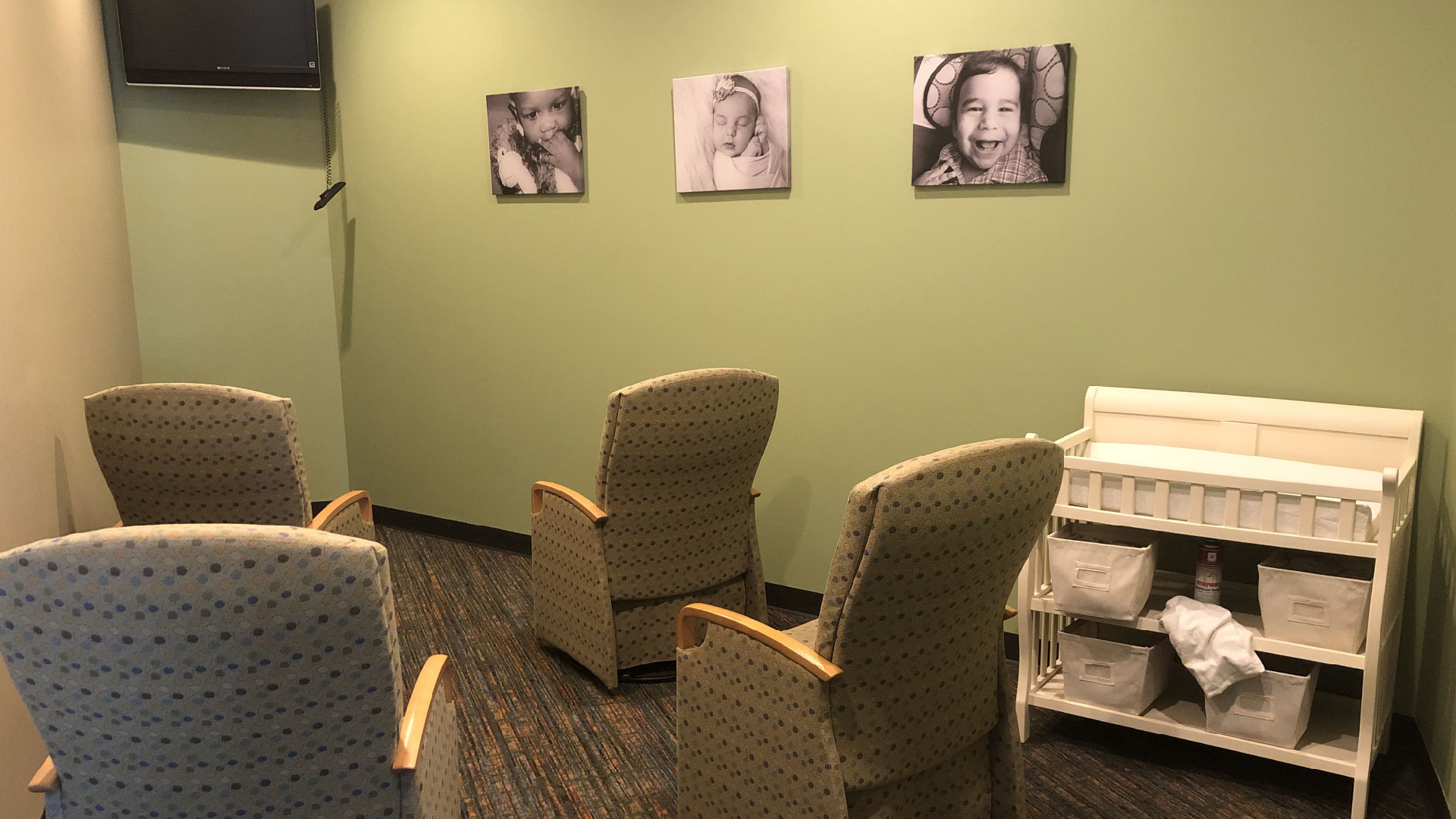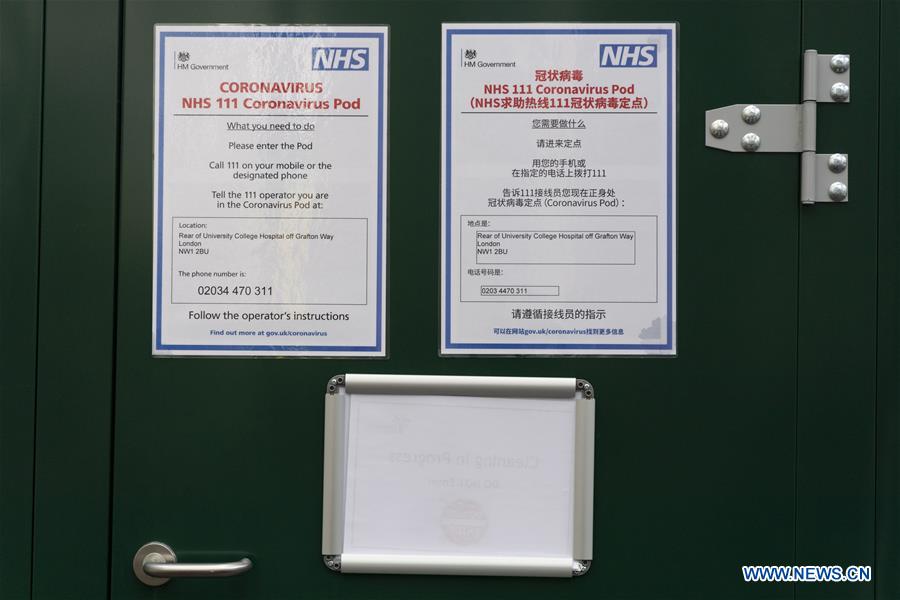
Tissues: The CDC encourages staff and students to cover coughs and sneezes with a tissue.

Either way, make sure there are disposable hand towels nearby. Soap: You will need to have a hand-washing station, whether it be a bathroom or next to a nearby garden hose. Hand sanitizer: Make sure yours has at least 60% alcohol.Ĭleaning supplies: Cleaning wipes, for frequent quick cleanings during the school day and EPA-registered disinfectants. Individuals should be frequently reminded not to touch the face covering and to wash their hands frequently. Masks: Face coverings should be worn by staff and students as feasible, and are most essential in times when physical distancing is difficult. According to Lerner and CDC guidelines, you will need the following: Lerner recommends thoroughly reading the CDC guidelines on safe school openings before making any alternative learning plans of your own. Share health issues: Set up a system to quickly communicate everything from existing allergies to positive COVID-19 tests and plan for how the group might respond. An online payment system like Zelle eliminates the need to exchange cash. Share costs: Parents should compile and evenly divvy up costs - from paying a group tutor to buying daily snacks. Set guidelines: "Make it clearly known what is expected of both the parents and the children." That includes behavior in the house and when and how often children wash their hands.Īgree on the host's responsibilities: How much work space should each child have? How much of a burden does the host family shoulder: all the day's food or maybe just the lunches? Other key considerations, according to Swann: "For families looking to create a safe education pod," Swann wrote in an email Wednesday, "my recommendation is to do a round-robin type arrangement." For instance, each family could take turns hosting the pod for a week. Social bubbles: Why they work to curb viruses and protect the populationįorming a successful pod rests heavily on communication and sharing between the parents, according to Elaine Swann, etiquette expert and founder of the Swann School of Protocol headquartered in Carlsbad, California. We're sort of in a bubble because most of their day is spent at school." It's tough, not just for little kids, but for teenagers, too, to stay away from each other," she said. "We're trying to mitigate their contact with a bunch of other people. "We're trying to take the best approach to it as far as precautions." The group of five boys gathered for the first time Tuesday at the Hiltons' house, each with a set space and a set of ground rules, like when they need to wear masks and keep their distance. The socialization aspect of it was really overpowering for us. What we landed on was that Eric really needed to be around other kids. The repercussions with getting together with my in-laws.

She and her husband talked over the deciding factors: "How safe we thought it would be. Shortly after it became clear that the 2020-21 school year in Arlington County, Virginia, would begin virtually, a couple parents approached Blythe Hilton about setting up a pod with their sons, who are longtime friends of her son Eric, a high school junior.

Learning pods aren't just for elementary school students.


 0 kommentar(er)
0 kommentar(er)
